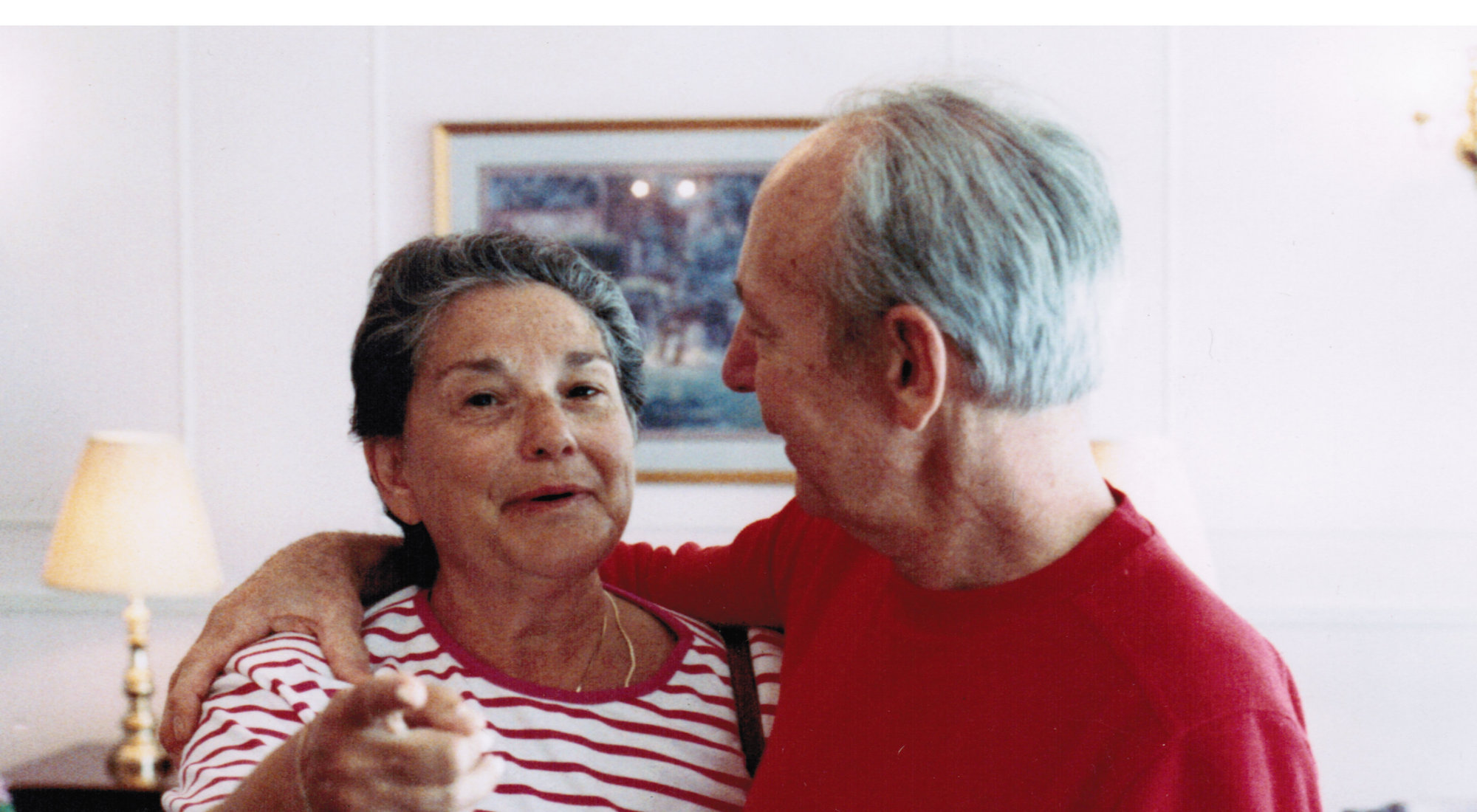Dementia describes a set of symptoms that usually include memory loss and difficulties with thinking, problem-solving or language. A person with dementia may also experience changes in their mood or behaviour. These changes are often small to start with. But. for someone diagnosed with dementia, they have become severe enough to affect daily life.
Dementia is caused when the brain is damaged by diseases, such as Alzheimer’s disease or a series of strokes. Alzheimer’s disease is the most common cause of dementia but not all dementia is due to Alzheimer’s.
The different types of dementia tend to affect people differently, especially in the early stages. Each person’s experience of dementia manifests in its own way. Being surrounded by supportive people and surrounding greatly affect the quality of life with dementia.
Losing track of the day or date, or becoming confused about where they are, is another common experience of dementia patients. There are also problems with day-to-day or minute to minute memory . This means there is difficulty recalling events that happened recently. There are also difficulties making decisions, solving problems or carrying out a sequence of tasks, such as preparing a meal. A common difficulty is following a conversation or finding the right word to use. With dementia, one may also experience problems judging distances and spatial relationships, such as on stairs.
As well as, and often as a result of. these cognitive symptoms, a person with dementia will often have changes in mood. For example, they may become frustrated or irritable, withdrawn, anxious, easily upset or unusually sad.
Dementia is progressive, which means the symptoms gradually get worse over time. How quickly dementia progresses varies greatly from person to person.
